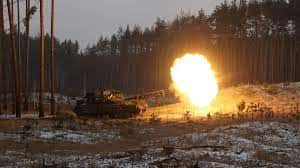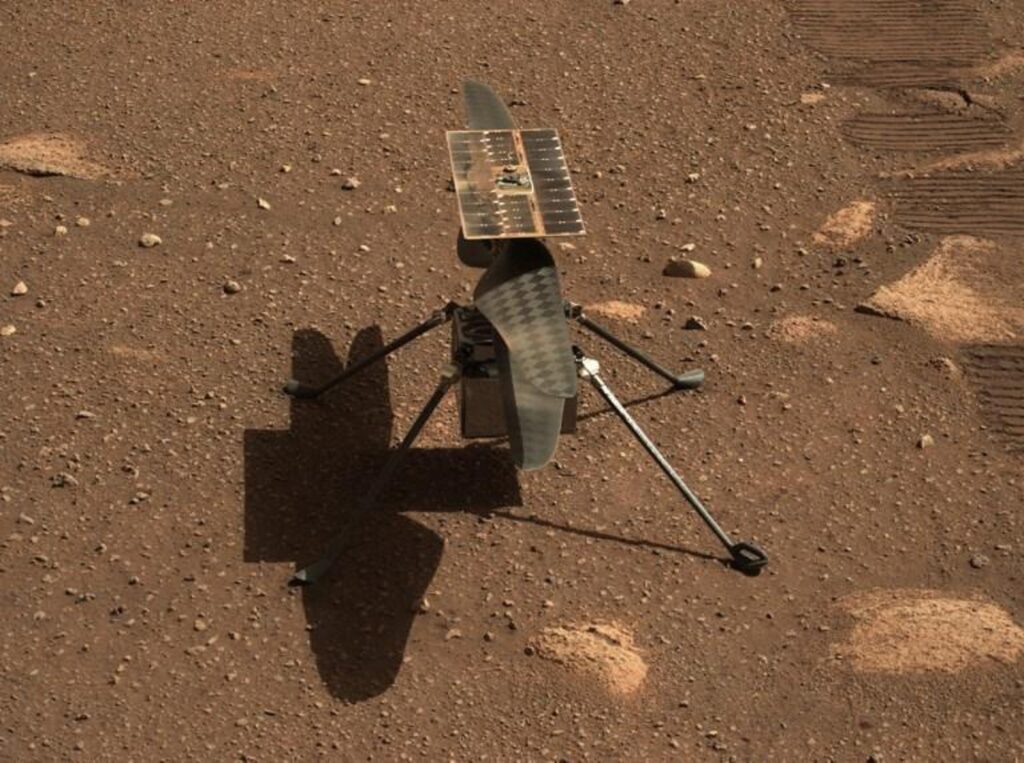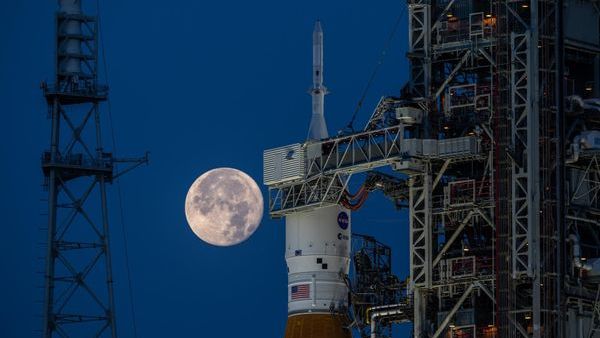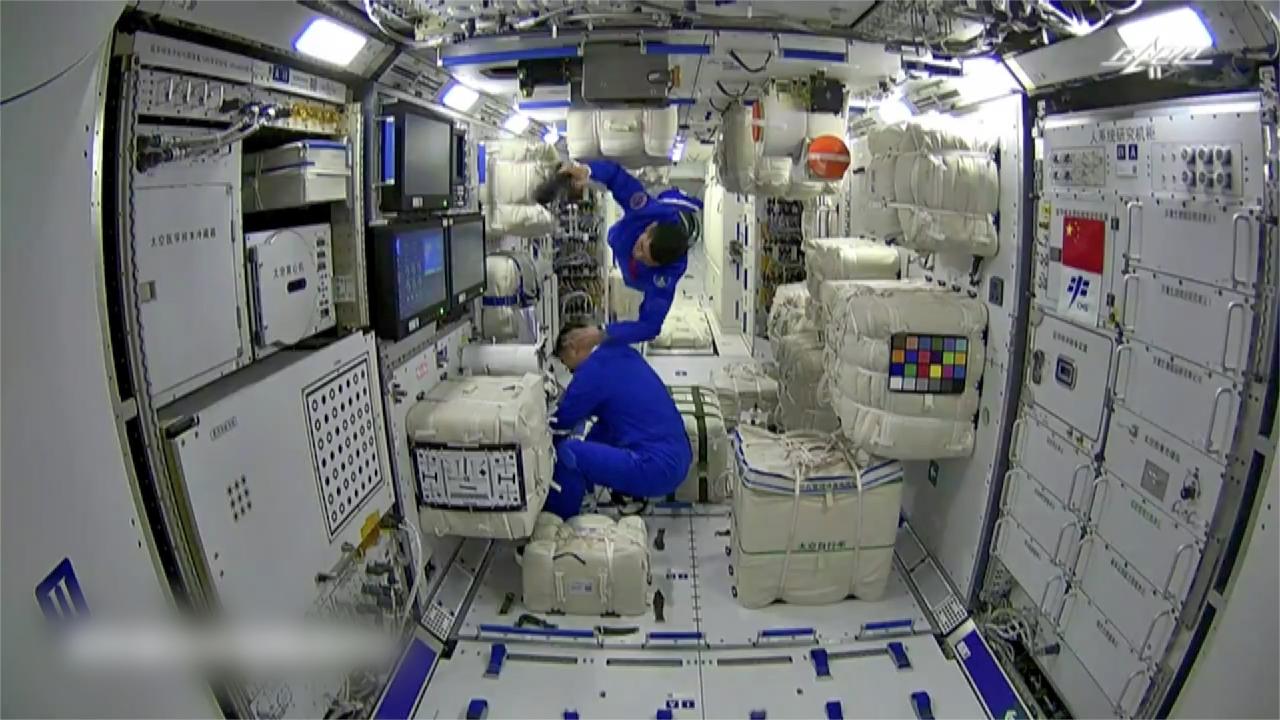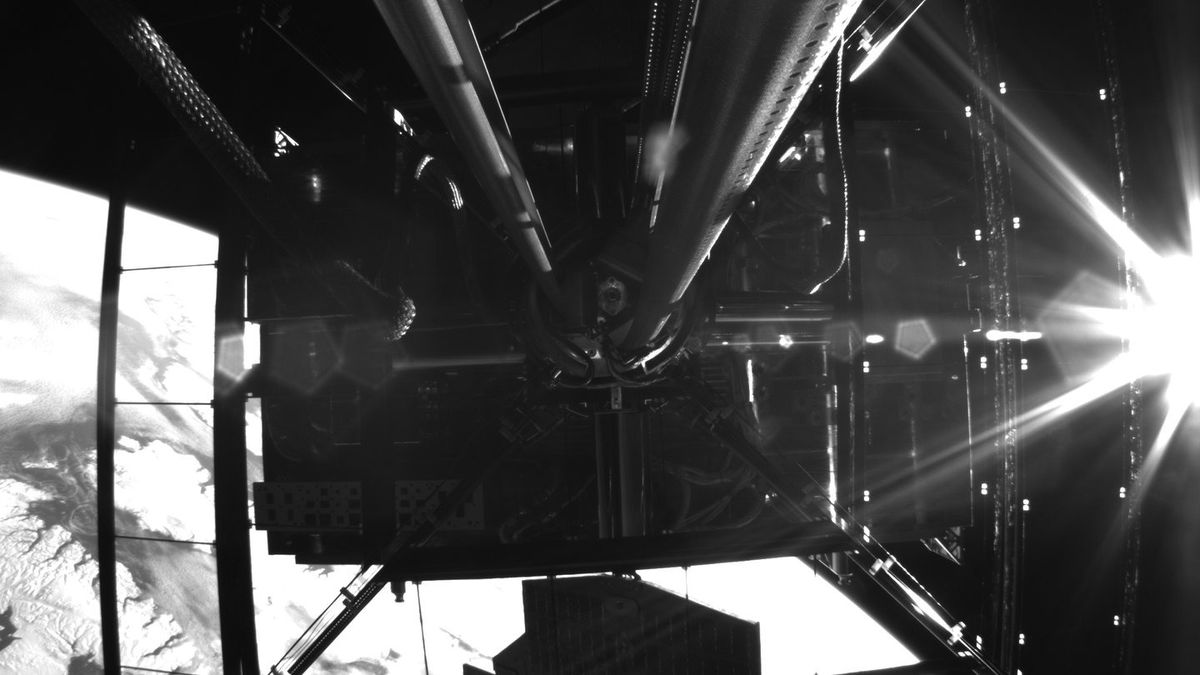Volodymyr Usov formerly had a lot of optimism for Ukraine, but these days he is more worried.

The launch went off without a hitch
Space.com reported that a cargo spacecraft bound for the International Space Station was launched into orbit on August 1 by Northrop Grumman’s sleek Antares rocket, which emerged from the remote swamps of eastern Virginia. The launch went off without a hitch. About three and a half minutes after takeoff, the rocket’s first stage, which was built in the city of Dnipro in central Ukraine, split and descended as intended into the turbulent seas of the Atlantic Ocean.
For the Ukrainian engineers who developed that stage, the launch’s success was probably bittersweet. This is due to the fact that the flight was the final one for this particular Antares model, the 230 series, which used Russian and Ukrainian-made engine components.
Volodymyr Usov, a space entrepreneur of Ukrainian descent and former head of the nation’s space agency, is certain that Russia’s war on Ukraine caused the collapse of their partnership with Northrop Grumman, which was so important to the Ukrainians since it allowed them access to the West.
READ ALSO: North Korea fails to launch a satellite a second time this year, going 0 for 2.
Usov formerly had grand plans for the space industry in Ukraine
One of the many hits Ukraine’s powerful space sector has endured since Russian tanks first entered the country on February 24, 2022, is the cancellation of the Antares project. Russian missiles have frequently targeted the massive Yuzhnoye State Design Office and Yuzhmash Machine Building rocket plant in Dnipro, where the Antares first stages were put together. The precise extent of the damage to these facilities is unknown, but according to Usov, the plants—huge state-run enterprises from the time when Ukraine was a member of the Soviet Union—have mostly moved over to producing military technologies, affected space industry.
Before the war, the Yuzhmash and Yuzhnoye factories produced about 100 launch vehicles each year, including the nation’s own medium-lift Zenit rocket, which was formerly used to launch commercial payloads from the Kazakhstani Baikonur Cosmodrome, which was run by Russia, as well as from waterborne platforms used by the now-defunct international organization Sea Launch Alliance.
Usov formerly had grand plans for the space industry in Ukraine. While serving as the State Space Agency of Ukraine’s head in 2020, he tried to lay the groundwork for an industry that would replace the strictly state-controlled practices left over from the Soviet period with one that was more open and commercially driven. The aerospace heritage of Ukraine is unquestionably of the highest caliber. Sergey Korolev, the brains behind the Soviet Union’s victories in the space race in the 1960s, was really born and raised in Ukraine. The state-owned businesses managed by the Ukrainian space agency employed 16,000 workers before to the Russian invasion, which is almost as many as NASA.
BOSTON GLOBE stated that the world was astounded by Ukraine’s tenacity and tenacious defense in the initial weeks following the invasion. Contrary to expectations, the much larger Russia was unable to seize control of Kiev in a matter of days as their leadership had planned. However, Usov’s and the majority of his countrymen’s early hope is now mostly gone. The war’s end is still a long way off, and aspirations of a united Ukraine with a thriving space industry are also out of reach. The survival of that once-dominant space sector, which is now perilously close to collapse, depends on how wide open the door will be when the war is over.
READ ALSO: Key developments in the Russia-Ukraine conflict, day 519
